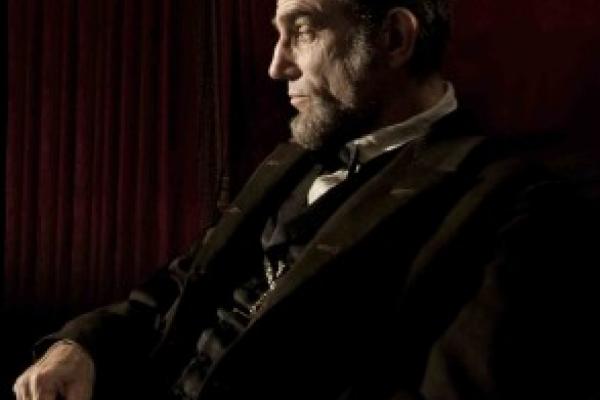Steven Spielberg’s Lincoln will probably nab a few of its 12 nominated Academy Awards when the Oscars are handed out on Sunday — a sign that Americans never have and probably never will tire of our 16th president.
Abraham Lincoln’s face is etched in stone on Mount Rushmore and his brooding statue sits enshrined in a Greek-style temple in Washington. His succinct Gettysburg Address (about 270 words) took all of about two minutes to deliver, yet remains this nation’s most famous speech 150 years later. His assassination lifted him to mythic status — a martyr who earned his place in our pantheon of national heroes.
We just marked the 150th anniversary of his Emancipation Proclamation, but that necessary action wasn’t enough. Spielberg’s film revives Lincoln’s second act, in 1865, to pass the Thirteenth Amendment to abolish slavery through a divided Congress. It wasn’t the only injustice Lincoln worked to correct.
In his recent book, When General Grant Expelled the Jews, Brandeis University Professor Jonathan D. Sarna recounts an important but little-known event in 1863 in Lincoln’s quest for full civil, religious, and human rights for all Americans — this time, for American Jews.
Read the Full Article

